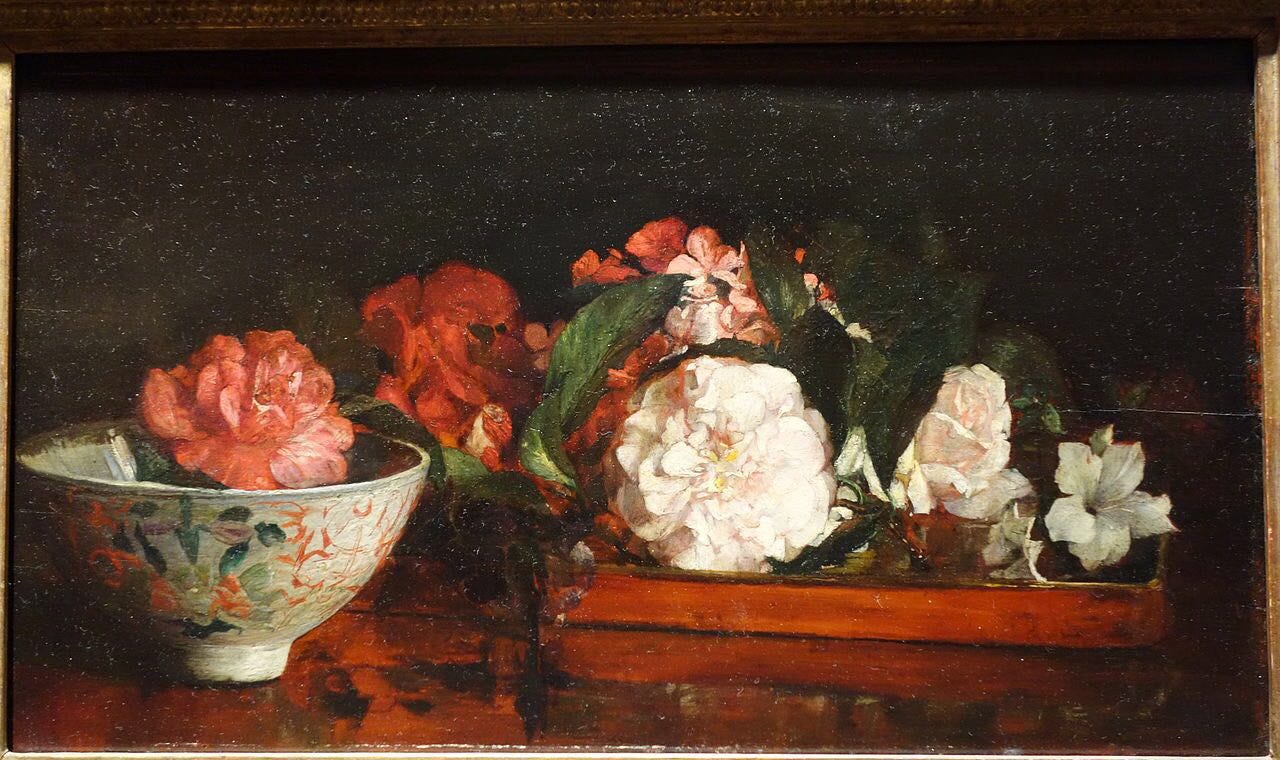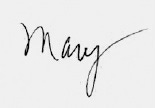Before I begin, I introduce our next guest Jeffrey Streeter who writes
Passover Memories
Passover is driven by “the four questions,” recited by the youngest family member or friend at the table. No need to recite them here.
Instead, I offer memory and begin with T.S. Eliot’s lines from the Four Quartets:
“Do not let me hear
Of the wisdom of old men, but rather of their folly,
Their fear of fear and frenzy, their fear of possession,
Of belonging to another, or to others, or to God.
The only wisdom we can hope to acquire
Is the wisdom of humility: humility is endless.”1
Brené Brown says in her book that Daring Greatly means the courage to be vulnerable. The word courage comes from the old French word for “heart.” “Vulnerability is the core of shame and fear and our struggle for worthiness but also the birthplace of joy, of creativity, of belonging, of love—and wholeheartedness.”2
These words and that book I sent to my son shortly before he died and found the book in his home, top of the pile, when I went there to bury him. He died at age 46.
In his memory, I say:
I did not know that love may speak in waves of silence.
I know that you, like me, were lost and searching through an unknown passage, that you too have felt as if you were drowning, that you too have not had a lifeboat. I have learned that comfort lies in this not-knowing and that you are there for me, that you are here with me in some ineffable way that I sense each morning that I wake.
I see you in the fire of the sunrise, in the sky streaked among gray clouds: Blue fire, green fire, white fire and chariots of fire that rise up on the clouds and ride on the sunrise. I see you in fast cars that fly on fires in the sky.
I see you in the ocean that you loved and I see you in my grief that is like the infinity of waves that break on the beach.
For my mother and father:
My father’s eyes were brown. I saw them full of light from the sun that angled through the window. I saw the green and yellow—the colors of my mother’s hazel eyes like mine—there inside the brown. I remembered my dream after my mother died. In a haze of yellow light, my mother in a flowered housedress. I couldn’t tell the color of her hair—pure white when she died. But it must be dark—around her face in finger-placed waves, how it was when I could still fit beneath her arm, lean against her curve of breast. Then an empty chair. An elegant, suited man on the sidewalk. My mother, on the stoop of their row house. Her arm raised high in dance position. No one stands inside her hold. She leans to unheard sound. She turns round. A fox-trot circle. My father threads eight-millimeter film through the projector, on the wheel. A home movie. Overexposed. My mother. Like the whiteness of a leafing tree against night sky.
For my sister Ann:
I recall her wave.
I recall my sister’s wave before she got on the plane to Ethiopia, willowy at seventeen, three days before her eighteenth birthday that she would celebrate on her arrival and where she would marry. Her fiancé was in the Army on the base—gone!—in Eritrea. Thirty-five years later she would die on a gurney, legless and about to lose her arms because the blood from her heart could no longer reach her hands, blue with loss and the diabetes that took her life.
Her wave, full of hope and risk—that fearless wave. I write a postcard to her now: Wish you were here.
In closing, I offer a short piece I wrote for my mother:
When I was in my mid-thirties and my mother was approaching seventy, she gave me her brass candelabra. It stands tall with five branches on a round, substantial base. It is old brass. It was my grandmother’s who died long ago. Through the years, its shine has been softened to sheen, like memories.
I see my mother with the dough she rolled out so thin I could see through it. The meat grinder, screwed to the table. The meat and potatoes oozed out, filled my mother’s hands that would fill the pastry and roll it cleverly into a pouch—a miracle, a knish for Rosh Hashanah or, if lucky, on a Sabbath eve.
I see my mother with her sisters, laughing and talking, interrupting each other, their hands in gefilte fish. The large pot of broth steaming on the stove. The cut vegetables piled high on the board.
My childhood was filled with the energy of my mother before the holidays. She was driven. And I knew to stay out of her way, because something was happening that mattered.
She was a woman with a purpose that filled the air with the perfume of food. I watched with wonder and later ate with joy the chicken soup, the brisket and kugel she would set on her table.
That table stands like an old oak over a little child's head: unforgettable, solid. It covered me with its breadth, with my mother's cooking that was passed on to her by my grandmother who died before I was born and whose name I bear.
A few years before my mother died and when Passover was coming, my mother prepared for the Seder and then fell sick. When Passover arrived, she was in the hospital and no one wanted to have the Seder. Not my father, not my sister.
But I was driven, obsessed (some might have said). I went to her house and set the table. I pulled all the carefully wrapped and labeled packages from the freezer and prepared her dinner for her family. I insisted that everyone come, that we would have the Seder and we would eat.
Before we started, I went to the hospital. I took the brass candlesticks, the china, the soup, the charoset, the matzoh. I lit the candles and sang the blessing with my mother.
She recovered, but was frail. Many of the holidays were, for those years before she passed, celebrated at my house. One year on Rosh Hashanah, I made a round challah for the first time. My mother tasted it and nodded her approval.
With each holiday, she brought something from her home: a silver pie server, on one; crystal goblets that were her mother's, on another.
The memories flood my mind. The dark mahogany table I sat under as I watched her legs moving back and forth, the hem of her house dress swishing by me; flowers on cotton in a whirl of activity.
The first big thing I bought when I had children of my own, was an old-fashioned mahogany table whose legs, their shape, the curve of the wood, the brass covered toes were what I searched for, looking under more than above, my head beneath the curves of the fine inlaid surface.
Although that table has long been sold, replaced in more ways than I can count, the table stands. It was home and family, and with it I reached for the mantle of my heritage, passed by my mother, her hand gently extended.
It may be gone but, like the oak tree that holds and shades, it stands.
Love,
Mary Tabor writes
.
T.S. Eliot, Four Quartets, “East Coker”.
Brenè Brown, Daring Greatly.








"Although that table has long been sold, replaced in more ways than I can count, the table stands. It was home and family, and with it I reached for the mantle of my heritage, passed by my mother, her hand gently extended." Such a lovely essay, Mary. Thanks for this gift today.
Mary,
That was achingly beautiful. There's a lot of magic and camaraderie that goes into preparing a seder. You captured the textures and the smells of the food so well. I can see the translucent dough and smell the kugel.